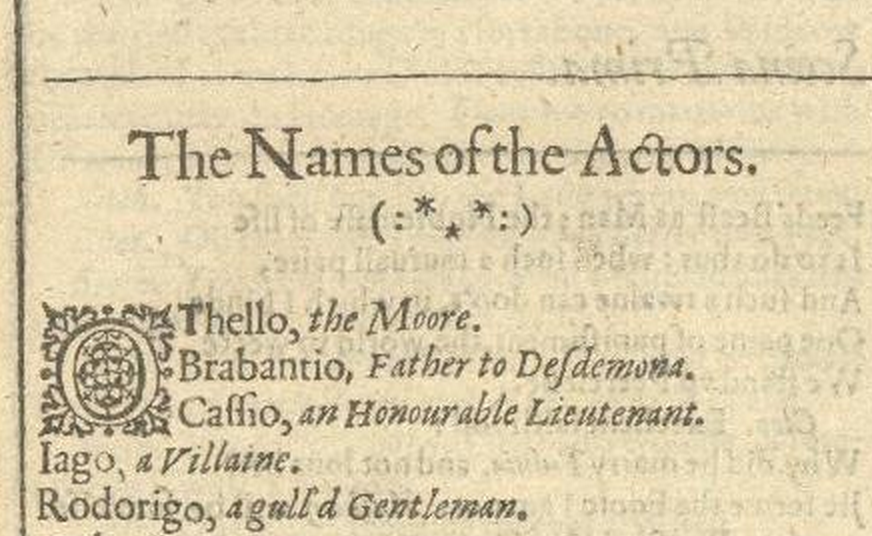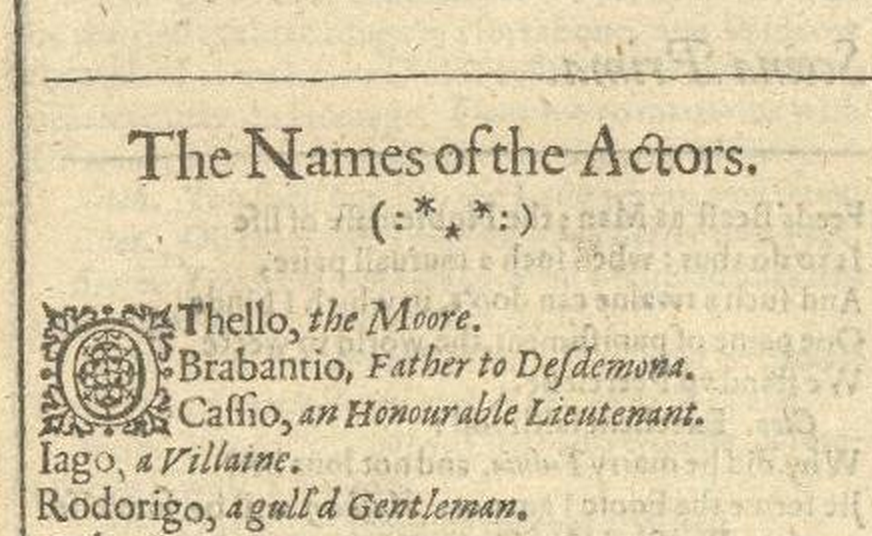So the other day, the good people at Familius wrote and asked if I’d like a review copy of Mel Ryane’s “Teaching Will : What Shakespeare and 10 Kids Gave Me that Hollywood Couldn’t“. A book about an actress who starts a Shakespeare Club at the local elementary school? How could I resist?
Having said that, there’s not much Shakespeare in this. This is primarily a book about the author’s adventures in trying to teach these children how to work together to achieve something that they and most everyone else thinks is beyond their abilities. But it could just as easily have been about teaching them how to sing, or play baseball. A scene where a child finally “gets” the rhythm of iambic pentameter might as well have been the scene where the catcher finally manages to get the cut off throw to second in time to tag the runner.
Perhaps my baseball analogy isn’t completely fair, however, because that makes it more about competition. You’d expect the big climax of a baseball story to be the ragtag team of misfits winning the big game. Shakespeare is not about competing with anyone or anything, except maybe your own limiting beliefs about what you can accomplish.
The big climax of this story is the performance at the end of the year. With each chapter comes a week of rehearsal, chaos and catastrophe, and I spent the entire book thinking, “She’ll never pull this off.” Half the time it was impossible to tell who was playing each role because half her students quit and the other half refuse to play the parts they are given. It seemed like every chapter ended with the author going home to her dinner with her husband, sipping a glass of wine and pondering why she’d gotten herself into this in the first place.
A few words on that subject. The book really tells three stories. First is the attempt to put on a Shakespeare performance (A Midsummer Nights’ Dream, by the way, if that wasn’t your obvious first guess). The second is the “behind the scenes” story where we learn all about the author’s interactions with the kids, their own family situations, and basically all about life outside Shakespeare Club. Which kids hate each other, and why? Which parents are supportive of the idea and which are just using it as glorified daycare? It probably should not come as a surprise that this had to be a … what’s the politically correct term to use here … ethnically diverse, lower income, dare I say “inner city” environment? Nobody ever seems to want to tell the story of upper middle income white kids? I admit to making the comparison to Michelle Pfeiffer in Dangerous Minds, only with elementary school children. I hope that doesn’t sound racist of me. It comes from a POV that I can’t escape. When I walk into a classroom and try to teach Shakespeare to kids I will not have to deal with those issues. I respect and appreciate that somebody is doing it, hey, more power to them. But it makes the story less relevant to my own life. If I went into this book looking for tips about how to wrangle children into performing Shakespeare, too much time was spent hitting me over the head with “yes but don’t forget where these kids come from and the other issues they have to deal with”. That’s true of every kid. Just because their stories are different doesn’t mean that they don’t all bring something unique to the party.
The third story is that of the author’s childhood and her relationship to her own parents. I just plain didn’t care for these bits. Whose story are you most interested in telling? I would have preferred more content about the actual play rehearsals. I suppose it’s only now that I realize the subtitle of the book is “What Shakespeare and 10 kids gave *me*…” so perhaps that was really her goal all along? If so, I clearly missed it.
But, back to the story. I approached the end of the book, the performance was only a week away, students were still fighting and dropping out and chaos still reigned. Through the entire book I’d been saying, “This is a failure, and it will end.” It did not. The show must go on, and it did. It’s not a big movie scene with the whole town packed into the auditorium. On the contrary, the author goes to great lengths to let us know that some of the parents could hardly be bothered to show up at all. The performance goes exactly as expected, mistakes are made, lines forgotten, props dropped, and generally the chaos of rehearsal projects itself upon the stage, exactly like you’d expect in any other elementary school production.
“When it was over, we all cheered.”
I admit with no shame that my eyes watered and my vision became blurry the instant I read that. Hell it’s happening again just recalling it so I can write this. Good god, isn’t that what it’s all about? They’re kids for heaven’s sake. Of course it’s not perfect. It’s not about perfection, it’s about accomplishment. They didn’t quit. The author didn’t quit. As a parent I know that feeling of cheering your brains out not for the quality of your child’s performance, but for the very fact that it’s your kid up on that stage, showcasing not how well they did it, but that they did it at all. That’s something to cheer indeed.
“Hamlet’s on my nuts!”
Ok, I’m not telling where that line shows up, I’ll just say that the book is not over at the performance of Midsummer, and when I got to this part I laughed so hard I cried all over again. I’m glad I excused myself from the room to finish the book, otherwise my friends and family would have thought I’d gone mad.
I get that this was not a handbook in how to teach Shakespeare to elementary school children (though I would have liked that very much). It took me most of the book to accept that. As I said at the beginning, the Shakespeare content is a magnet to me. Every scene or line that snuck its way into the text made me want more, and it was difficult not getting that. I think that Ms. Ryane’s story is an excellent one, very well told, and I’m very glad that it had a happy ending. I just wonder how important Shakespeare is to that story.


